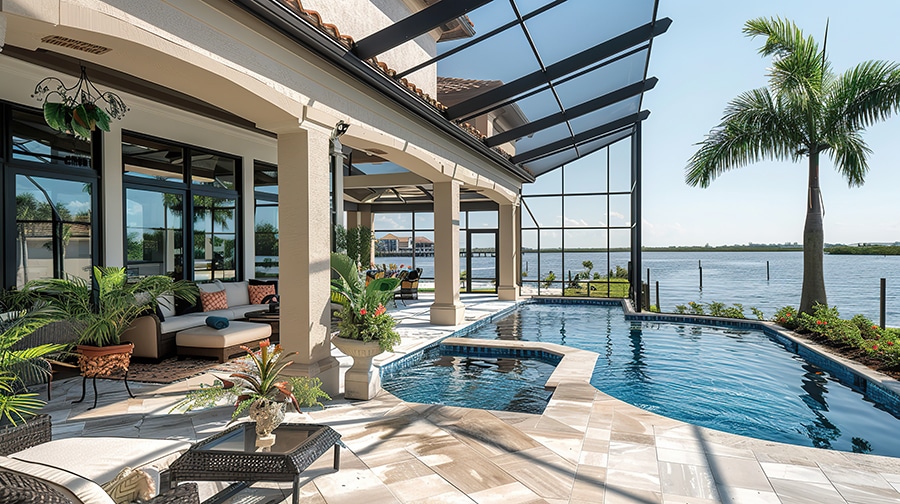One of the biggest concerns when you are considering filing for bankruptcy in Florida is what may happen to your home. You are likely wondering about whether bankruptcy can lead to the loss of your real estate. The answer to this question is a somewhat nuanced one, and it depends on the facts and circumstances of your case.

Do not assume you will always lose your home in bankruptcy because Florida law provides you with options and exceptions that allow you to potentially keep your residence in your hands. Speak to an experienced foreclosure and bankruptcy lawyer at Consumer Law Attorneys to learn more.
How the Automatic Stay in Bankruptcy Helps You
At the outset, you should know that you gain some temporary protection from the automatic stay that goes into effect as soon as you file for bankruptcy. The automatic stay acts as a brake that forestalls any efforts to take action on your debt, so long as you are in the midst of the bankruptcy process. Accordingly, your lender cannot take any steps to foreclose upon your home during bankruptcy. There are serious consequences for anyone who violates the automatic stay.
How the Homestead Exemption Works in Florida
If you have filed for Chapter 7 bankruptcy, you are typically facing a liquidation of your property. You must surrender property to the trustee, who would then use the proceeds to pay your creditors. However, there is a possible exemption that you can use to protect your primary residence.
Florida law has a homestead exemption that is far more favorable to homeowners than the rules in other states. While some states limit the homestead exemption based on the amount of equity that you have in your home, Florida law has no such limitation. Florida law allows you to keep your primary residence regardless of the value and the amount of equity that you hold.
The main requirement is that it is your primary home. However, your property can be no more than half an acre to qualify for this exemption if it is located in a municipality. The limitation is 160 acres if your property is outside of a municipality. In addition, there are also limits on the value of your home under federal law if you purchased it within 1,215 days of filing for bankruptcy. Your bankruptcy attorney can advise when your house is protected.

How Chapter 13 Bankruptcy Affects Foreclosure in Florida
Chapter 13 bankruptcy is known as a restructuring that gives you more time and breathing room to pay your debts. You make payments according to a plan that you must follow. Chapter 13 bankruptcy does not involve surrendering your property to the trustee. Once you have followed the terms of the repayment plan for three to five years, you have certain types of non-secured debts forgiven entirely.
To be clear, you never have your mortgage debt forgiven entirely. You do get some breathing room to allow you to continue making mortgage payments and catch up on the ones that you have missed. You can keep your home, so long as you are able to keep up with the mortgage payments. You can still lose your home during Chapter 13 bankruptcy if you do not make mortgage payments, or you do not keep up with the restructuring plan that has been approved by the trustee.
What Happens to Your Home After Bankruptcy in Florida?
You have the right and ability to reaffirm your mortgage debt at the conclusion of bankruptcy in an attempt to keep your home. If you have filed for Chapter 13 bankruptcy, you can still keep your home if you continue to make payments during the pendency of the process, and you can get yourself out of default on your mortgage.
If you have filed for Chapter 7 bankruptcy, you can still lose your home after bankruptcy if you are no longer able to make the payments because the lender’s lien remains on your property.
You Can Decide to Surrender Your Home During Bankruptcy
When you have filed for bankruptcy in Florida, you are forced to make tough choices. In some cases, you may decide that you can no longer afford your home and make the necessary payments on your mortgage. Although you may aspire to remain in your home, it is not always possible, given your financial circumstances.

You must have an honest deliberation about whether it is going to be realistic to try to keep your home, even if it may be allowed under Florida’s homestead exemption. Bankruptcy presents you with an option to escape a form of debt that can haunt homeowners who lose their property to foreclosure. Typically, if the lender sells the property for less than the amount owed on the mortgage, you end up being liable for the deficit. This debt can weigh you down for some time to come, and it can prevent you from affording a new place to live.
If you decide to surrender your home as part of the bankruptcy process, the shortfall is discharged as part of the bankruptcy process. In this way, you can get yourself out of further financial trouble. However, if you elect to affirm your mortgage, you are liable when you are “upside down” if you eventually lose your home to a foreclosure. For this reason, you need to have a realistic assessment of your financial situation and ability to avoid foreclosure once you emerge from the bankruptcy process. You must review your budget going forward to ensure that you can keep affording your mortgage.
Contact a Florida Foreclosure and Bankruptcy Lawyer Today
You can learn more about how bankruptcy may affect your ability to keep your home by reaching out to the experienced foreclosure defense lawyers at Consumer Law Attorneys today. The more you know, the better off you are. You can schedule a free initial consultation with a foreclosure and bankruptcy attorney by filling out an online contact form or by calling us today at (877) 241-2200. We can discuss your case and help you plan a financial path forward.

